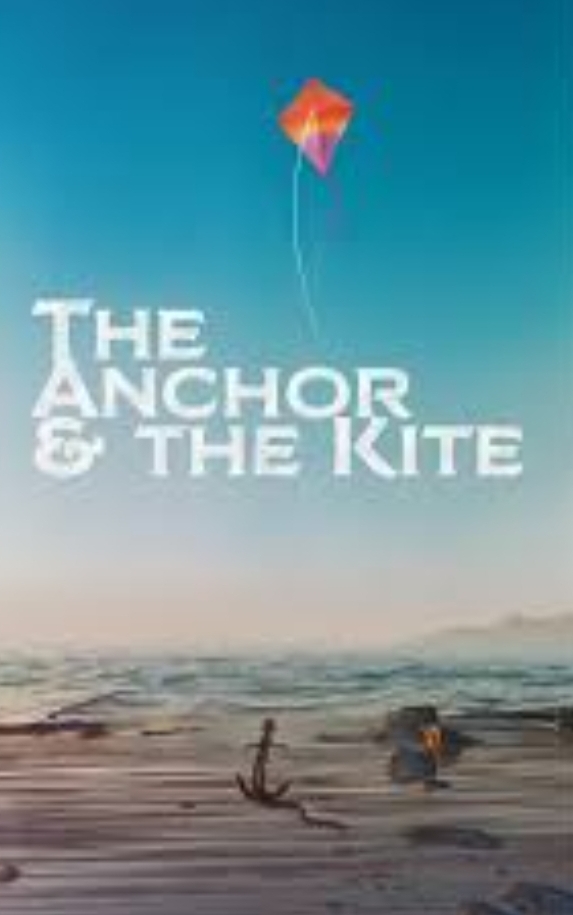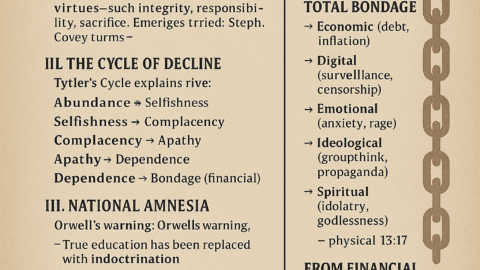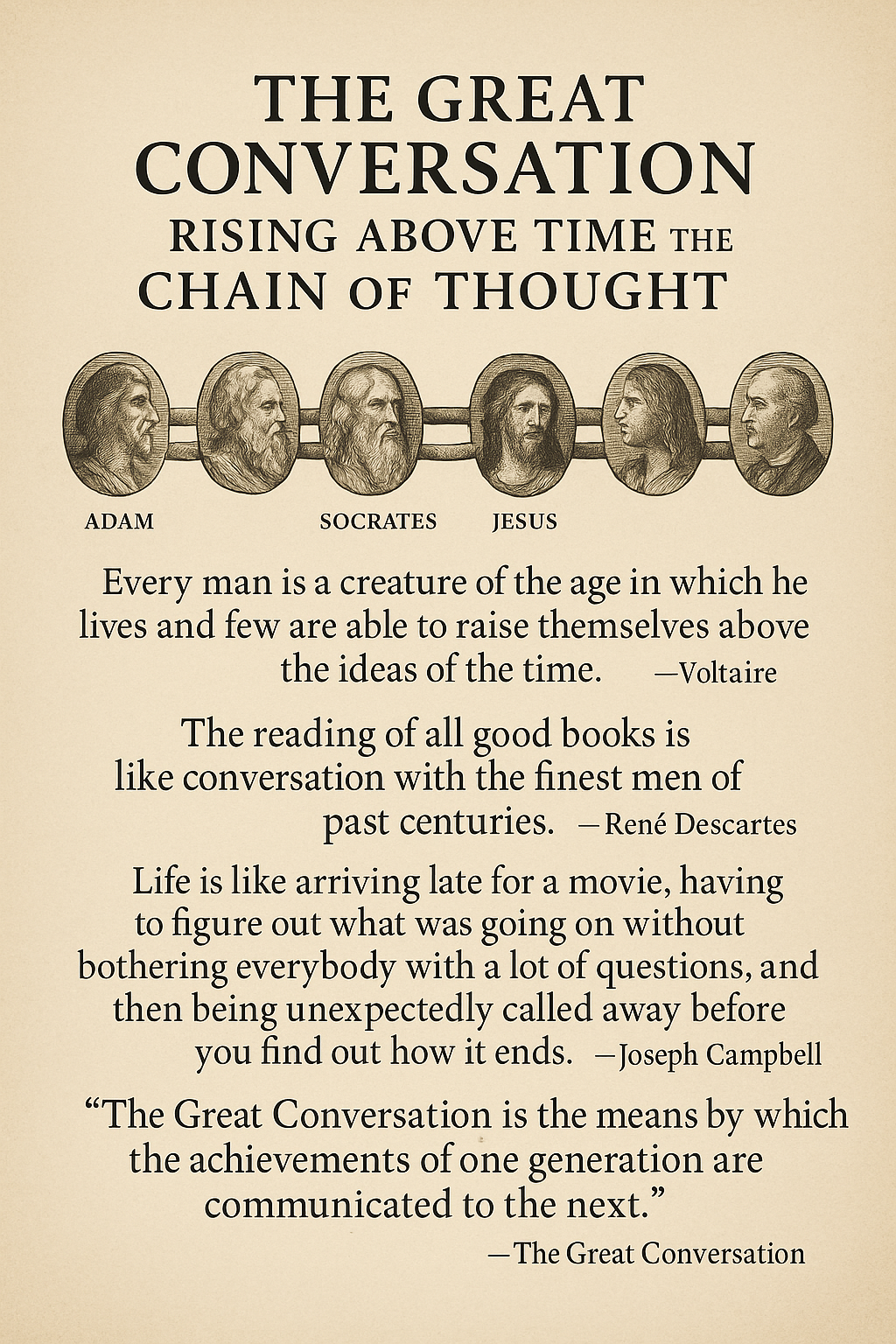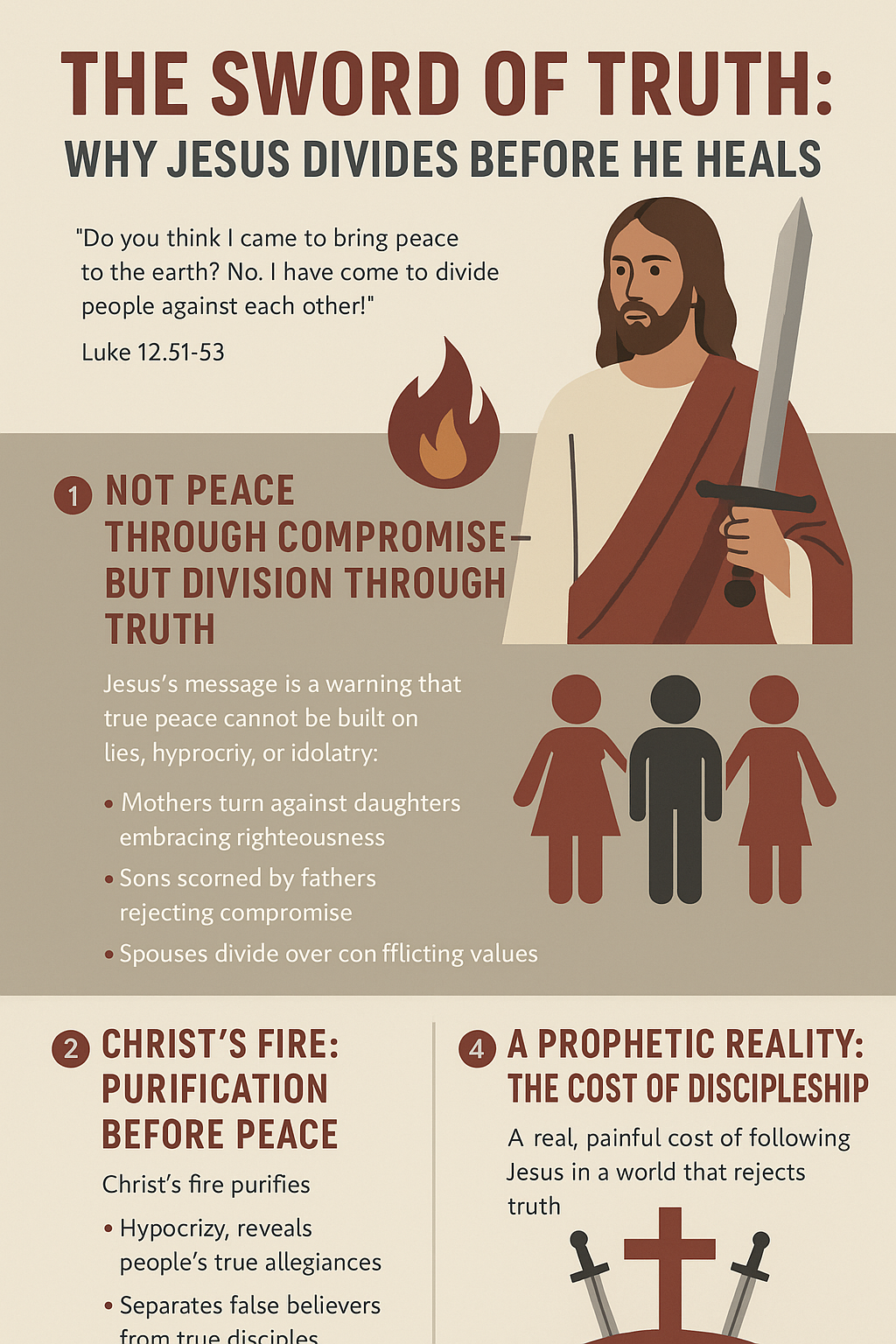The kite and anchor reflection captures a profound and balanced perspective on the interplay between progressive and conservative mindsets, emphasizing their interdependence and the need for wisdom to bridge the two.
Let’s break it down and explore each layer in detail:
Isaac Asimov’s Insight: Knowledge vs. Wisdom
“The saddest aspect of life right now is that science gathers knowledge faster than society gathers wisdom.”
Isaac Asimov’s quote highlights the disparity between the rapid advancement of knowledge and the slower development of wisdom. Technology and scientific breakthroughs move at a relentless pace, but societal, moral, and philosophical wisdom often lag behind.
- Knowledge is about information, discovery, and data.
- Wisdom is about applying that knowledge ethically, responsibly, and with a long-term vision.
When knowledge outpaces wisdom, society risks misusing advancements, overlooking consequences, and creating division instead of unity.
Key Takeaway: Knowledge must always be accompanied by wisdom for progress to be meaningful and sustainable.
Progressives and Conservatives: A Symbiotic Relationship
It is a beautiful comparison progressive and conservative mindsets to a kite and anchor and a pond and stream:
- Progressives (The Kite/Stream):
- Represent innovation, exploration, and a willingness to challenge norms.
- Thrive on new ideas, experimentation, and growth.
- Risk being untethered if they lack grounding principles.
- Conservatives (The Anchor/Pond):
- Represent stability, tradition, and a focus on preserving what works.
- Provide structure, cultural continuity, and safeguards against reckless change.
- Risk stagnation if they reject change entirely.
The Symbiotic Relationship:
- Just as a pond needs fresh water from a stream to stay alive, conservative values need fresh ideas from progressives to avoid becoming stale or corrupted.
- Similarly, a kite needs an anchor (the conservative mindset) to prevent it from being carried away by every gust of wind.
Key Takeaway: Progressives push society forward, while conservatives ensure society doesn’t lose its foundation. Both are necessary, and neither can thrive in isolation.
Breaking Down the Divide: Avoiding Compartmentalization
The idea of not compartmentalizing “progressive vs. conservative” thinking is crucial. Wisdom comes from integrating both perspectives, not treating them as opposing forces but as complementary elements.
F. Scott Fitzgerald’s Quote:
“The test of a first-rate intelligence is the ability to hold two opposed ideas in mind at the same time, and still retain the ability to function.”
This quote reinforces the importance of intellectual flexibility—the ability to:
- Embrace innovation while valuing tradition.
- Seek progress without recklessness.
- Defend principles while remaining open to reform.
Key Takeaway: Instead of being locked in ideological camps, individuals should cultivate intellectual balance and recognize the strengths of both viewpoints.
Life as a Game of Chess: Balancing Progress and Protection
The game of chess is an great analogy of life that offers a strategic way to understand societal balance:
- Progressive Moves: Like advancing a piece on the board, progress represents change, innovation, and bold action.
- Conservative Defense: Like protecting key pieces, conservatism ensures that core societal values remain intact (e.g., God, faith, family, and education).
Key Pieces of a Healthy Society:
God and Faith: Provide moral guidance, purpose, and a foundation for ethics.
Family: The building block of social stability and moral education.
Education: Equips individuals with critical thinking, knowledge, and tools to contribute meaningfully to society.
Countrymen and Constitutional Values: Safeguard democracy, prevent tyranny, and ensure the rule of law.
When these foundational pieces are unprotected, society risks falling into ignorance, tyranny, or oligarchy—where power is concentrated in the hands of a few.
Key Takeaway: Like chess, society must balance bold moves (progressive change) with strong defense (conservative principles) to remain resilient and functional.
Wisdom Through Integration
The heart of progress is a called for wisdom—not just as individuals but as a society. True wisdom lies in:
- Understanding the strengths of both perspectives.
- Recognizing when to advance boldly and when to protect foundational values.
- Educating individuals to think critically and holistically.
This balance and bridge can only be achieved when we step away from ideological extremes and focus on shared goals: a society that is just, resilient, and forward-looking, yet anchored in timeless principles.
Progress and tradition are not enemies—they are partners in building a stronger, wiser society. Like a kite and an anchor or a chess move and a defense, they must work together to create harmony, resilience, and a brighter future.
The reflection that frames the relationship between progressive and conservative mindsets through the lens of knowledge vs. wisdom, aligning it with Charles Spurgeon’s profound definition of wisdom.
Knowledge vs. Wisdom: The Core Difference
Knowledge (Progressive Mindset)
- Represents discovery, innovation, and advancement.
- Often seeks immediate implementation of new ideas, policies, or technologies.
- Can become reckless when driven by urgency without reflection.
- Tends to rely on government intervention as a tool for rapid societal change, which can sometimes lead to coercion or unintended consequences.
Wisdom (Conservative Mindset)
- Represents restraint, reflection, and the responsible application of knowledge.
- Acts as an anchor to evaluate whether new knowledge aligns with long-term principles and societal stability.
- Exercises caution before adopting sweeping changes, ensuring they don’t undermine foundational values.
- Guards against the misuse or misapplication of knowledge by focusing on ethical and practical implementation.
Key Insight: Knowledge discovers what can be done; wisdom decides whether it should be done.
Charles Spurgeon’s Wisdom Defined
“Wisdom is the right use of knowledge. To know is not to be wise. Many men know a great deal, and are all the greater fools for it. There is no fool so great a fool as a knowing fool. But to know how to use knowledge is to have wisdom.”
Charles Spurgeon highlights a crucial point:
- Knowledge alone is not enough.
- Simply possessing facts, data, or discoveries does not guarantee that they will be applied ethically, effectively, or for the common good.
- A person (or society) can be intellectually brilliant but morally or practically foolish.
Example in Society:
- Technological Advancements: Knowledge has given us powerful technologies (e.g., AI, genetic engineering), but wisdom is needed to ensure these tools are not misused or weaponized.
- Social Policies: Progressive ideas often push for swift reforms (e.g., economic systems, healthcare models), but without conservative checks, these reforms may lead to unintended societal harm.
Key Takeaway: Knowledge is the tool; wisdom is the craftsman who wields it responsibly.
The Kite and the Anchor Revisited
- The Kite (Progressive Mindset): Represents innovation and bold action. It seeks to soar, explore, and push boundaries. However, without balance, it risks being swept away by the winds of impulsive action or idealism.
- The Anchor (Conservative Mindset): Represents stability and caution. It prevents the kite from flying too far or too high and ensures that risks are minimized and foundational principles are protected.
The Balance Between the Two:
- Too Much Progressivism Without Wisdom: Leads to chaos, instability, and unintended consequences.
- Too Much Conservatism Without Progress: Leads to stagnation, decay, and missed opportunities for growth.
A healthy society requires both the kite and the anchor, working in harmony.
Government as a Tool vs. Government as a Master
The progressive tendency to use government as a mechanism for immediate change is significant:
- Government as a Tool (Wisdom): Used responsibly, government can create frameworks for fairness, justice, and stability.
- Government as a Master (Knowledge Without Wisdom): When knowledge-driven urgency overrides reflection, government can become coercive, imposing reforms that lack public trust or long-term viability.
Wisdom in Governance:
- Ensures that policies align with foundational principles (e.g., liberty, justice, accountability).
- Considers the long-term consequences of immediate actions.
- Protects against tyranny or overreach, ensuring balance between progress and individual freedoms.
A Call for Integration: Wisdom Governing Knowledge
Knowledge Should Be Tested by Wisdom:
Before implementing any new policy, technology, or societal change, it should pass through a wisdom filter:
- Does it respect foundational principles (faith, family, freedom)?
- Does it serve the long-term good or just short-term desires?
- Are there unintended consequences that need addressing?
Individuals Must Cultivate Both Mindsets:
- We must educate citizens not just with knowledge, but with the ability to think critically, morally, and reflectively.
- Encourage dialogue between progressive and conservative perspectives instead of polarization.
- Embrace a first-rate intelligence as described by F. Scott Fitzgerald—holding opposing ideas in mind without losing functionality.
Wisdom as Society’s Compass
In a world overflowing with knowledge and rapid advancements, wisdom must serve as our moral and strategic compass.
- Knowledge can tell us how to build powerful tools—wisdom will ensure we use them responsibly.
- Progressives may point to the horizon with bold ideas—conservatives will anchor those ideas to principles and reason.
- Together, they ensure society doesn’t drift aimlessly or remain stagnant but moves forward with purpose, resilience, and clarity.
Additional Quote:
“Wisdom is not just knowing the right path to take, but actually walking it.” – Unknown
By balancing knowledge with wisdom, and progress with principles, we can build a society that thrives both in innovation and integrity.
the compartmentalization of the progressive and conservative mindsets has led to division, polarization, and a fragmented society. Classical liberal education, which emphasizes critical thinking, logic, philosophy, history, and rhetoric, serves as a unifying force that captures the strengths of both perspectives and fosters a more balanced and whole individual and society.
The Fragmentation of Thought
Over time, political and ideological identities have been divided into distinct categories—progressive (favoring change and social evolution) and conservative (valuing tradition and stability). While both perspectives have merits, the modern tendency to silo them into rigid opposition prevents people from seeing the bigger picture. This has resulted in ideological echo chambers, where individuals are trained to reject opposing viewpoints rather than critically engage with them.
The Role of Classical Liberal Education
A classical liberal education—rooted in philosophy, logic, history, literature, and the Socratic method—helps individuals integrate both progressive and conservative ideas. Instead of being emotionally driven by political narratives, people trained in classical education can:
- Understand historical cycles and how different ideologies have shaped civilizations.
- Develop independent thinking, recognizing when ideas are weaponized for power rather than truth.
- See beyond propaganda and assess arguments based on reason rather than political identity.
By mastering these disciplines, individuals are not forced to choose between being “progressive” or “conservative” but can instead blend wisdom from both to adapt to challenges while respecting foundational principles.
Making Individuals and Society Whole
A well-rounded education teaches that progress and tradition are not enemies—they are two sides of the same coin. Without tradition, progress becomes rootless revolution; without progress, tradition becomes stagnant dogma. When society embraces classical education, it fosters:
- Balanced citizens who value moral and philosophical principles while adapting to change.
- Resilient communities that respect historical wisdom while innovating for the future.
- A culture of dialogue rather than division, where people seek truth rather than ideological purity.
Overcoming the Divide
The modern world encourages reactionary thinking rather than thoughtful analysis. Classical liberal education helps break this cycle by cultivating intellectual humility—the ability to question one’s own beliefs while recognizing the validity in opposing arguments. Instead of viewing political identity as a tribe, it becomes a set of ideas that can be debated, refined, and improved upon.
Conclusion
The compartmentalization of progressivism and conservatism has created a fractured society. Classical liberal education acts as a bridge, reconnecting individuals with a holistic worldview that integrates both change and stability. Only by embracing reason, history, and philosophy can individuals and societies break free from division and reclaim the intellectual and moral unity necessary for true freedom.







